Food Aversion In Infants
Food aversion in infants. An aversion involves a conditioned response. A feeding aversion refers to a situation where a baby who is fully capable of feeding or eating exhibits partial or full feeding refusal. Food aversion in toddlers or infants begins with your child associating feeding or oral stimulation with negativity.
By two years old toddlers are typically able to tolerate all food textures chewy crunchy soft pureed and eat foods from all food groups. This can lead to a refusal to eat drink be touched or an overactive gag reflex. Fundamental to the care of any infant or child including those with food allergies is the assessment of nutritional status.
Food aversion can develop at any age or stage of development but it is more commonly seen at the weaning stage or around 2-3 years of age. In some cases a child may refuse to eat a certain food eggs for example due to an underlying allergy that has yet to be diagnosed. Prior to tube feeding many children start to limit their oral intake because of medical issues reflux food allergies motility issues aspiration or a lack of energy to eat enough.
A child with oral aversion strongly dislikes or is afraid of anything touching their mouth. ARFID or Avoidant Restrictive Food Intake Disorder is an extreme form of food aversion. When Your Infant Refuses to Eat Feeding Aversion May Be to Blame ATI Skip to main content This site is not optimized for viewing in Internet Explorer.
Learn who can provide ARFID treatment including options for outpatient and inpatient therapy and what parents can do to help right now. A feeding aversion refers to a situation where a baby - who is physically capable of feeding or eating - exhibits partial or full food refusal. It is possible that even a tiny taste may cause a mild reactionand more severe reactions could occur with continued exposure.
Marion Groetch Hugh A. The child with food allergies does not appear to have altered nutritional needs compared to those without food allergies although a patient with moderate to. Babies can develop an aversion to breastfeeding bottle-feeding andor solid foods.
Behavior associated with feeding aversion. During this time children should also be demonstrating the ability to use a spoon and fork drink from a regular cup and finger feed themselves independently.
Food aversion in toddlers or infants begins with your child associating feeding or oral stimulation with negativity.
It is possible that even a tiny taste may cause a mild reactionand more severe reactions could occur with continued exposure. Behavior associated with feeding aversion. It can be more than just picky eating when your toddler or infant refuse to eat. By two years old toddlers are typically able to tolerate all food textures chewy crunchy soft pureed and eat foods from all food groups. A feeding aversion refers to a situation where a baby - who is physically capable of feeding or eating - exhibits partial or full food refusal. A feeding aversion refers to a situation where a baby who is fully capable of feeding or eating exhibits partial or full feeding refusal. ARFID is a relatively new diagnosis for picky eaters with food phobia. Babies can develop an aversion to breastfeeding bottle-feeding andor solid foods. A child with oral aversion strongly dislikes or is afraid of anything touching their mouth.
When Your Infant Refuses to Eat Feeding Aversion May Be to Blame ATI Skip to main content This site is not optimized for viewing in Internet Explorer. Sensory Food Aversion is one of the most common feeding disorders during the first 3 years of life when young children are transitioned to self-feeding and when issues of autonomy and dependency have to be negotiated between parents and child. Prior to tube feeding many children start to limit their oral intake because of medical issues reflux food allergies motility issues aspiration or a lack of energy to eat enough. A feeding aversion refers to a situation where a baby - who is physically capable of feeding or eating - exhibits partial or full food refusal. Oral aversion can begin at birth particularly for babies that arent fed from a bottle or nursed from their mother. Marion Groetch Hugh A. It is possible that even a tiny taste may cause a mild reactionand more severe reactions could occur with continued exposure.
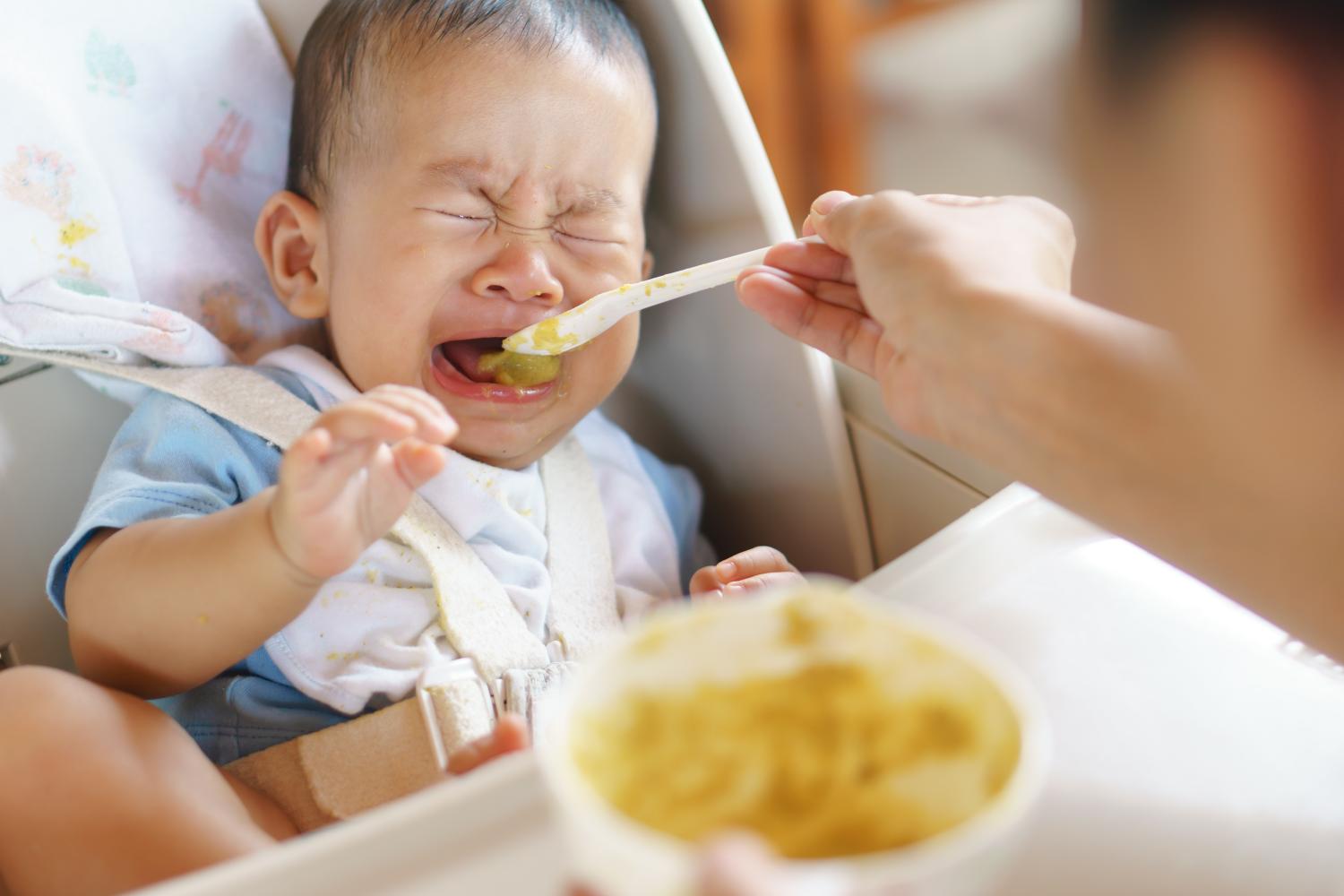
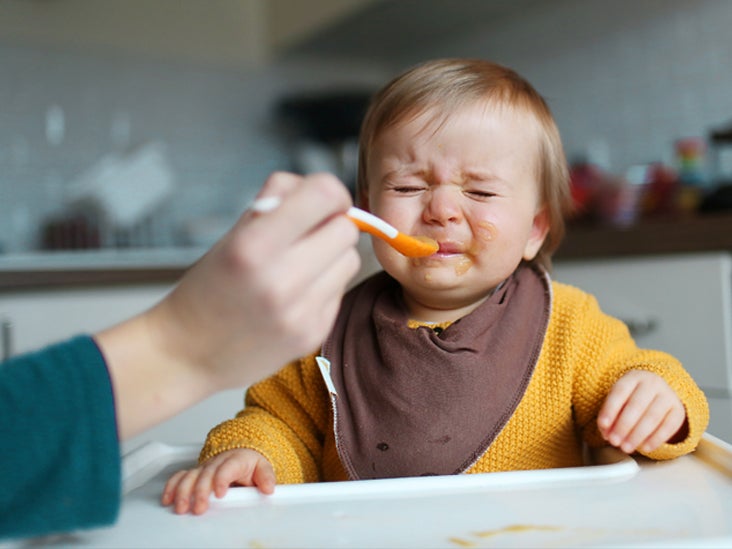





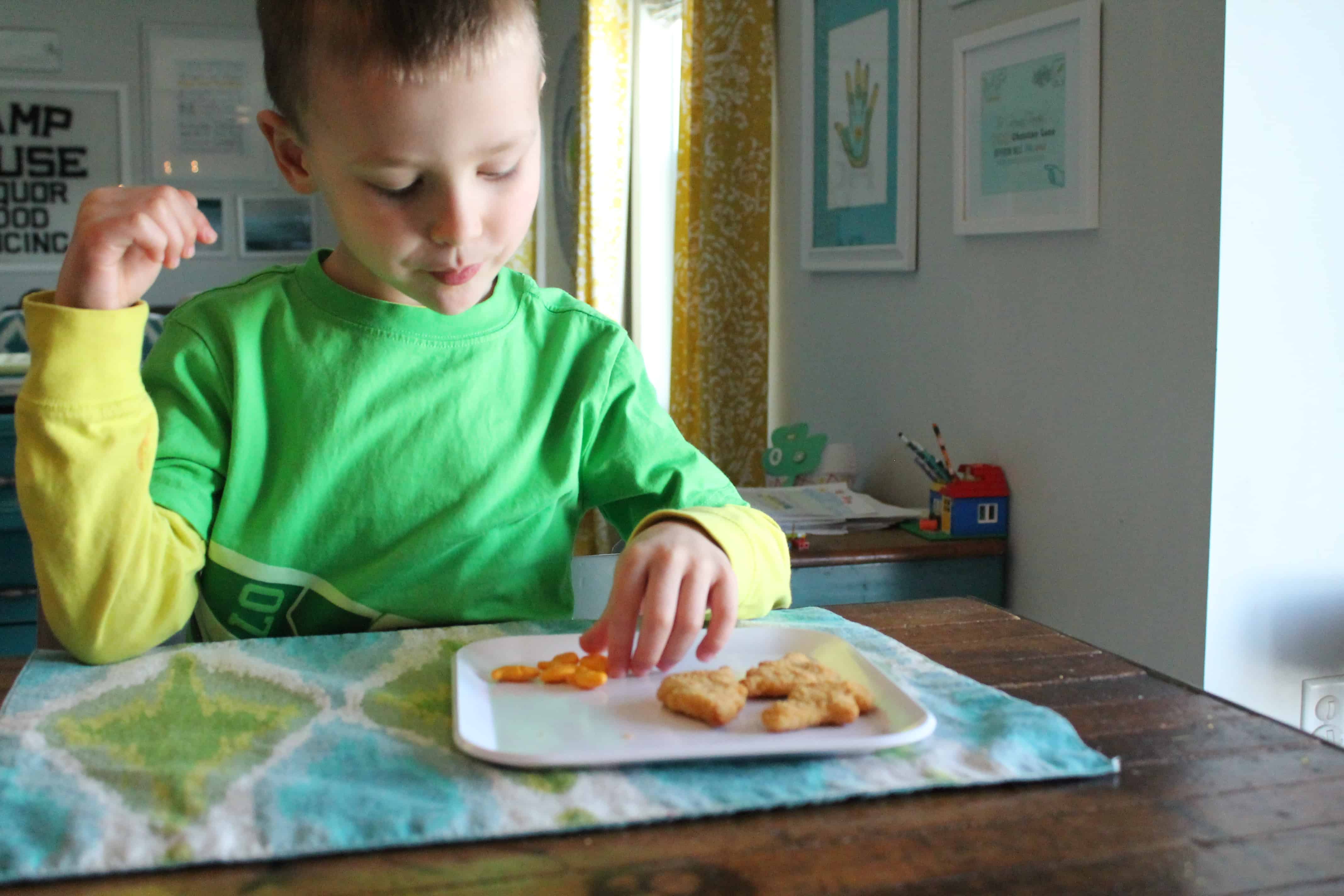


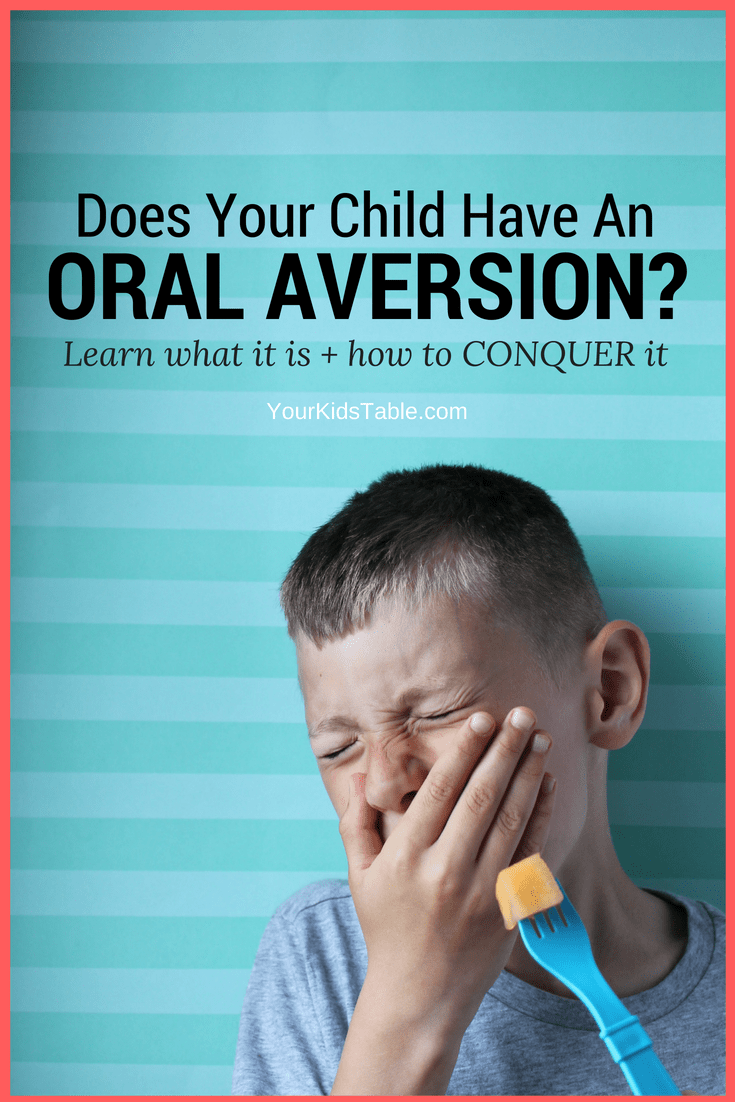

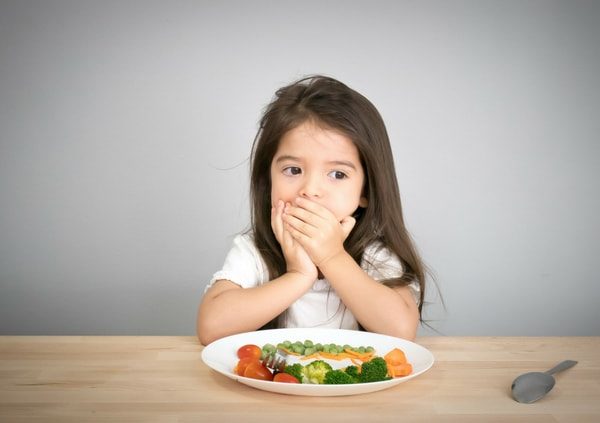


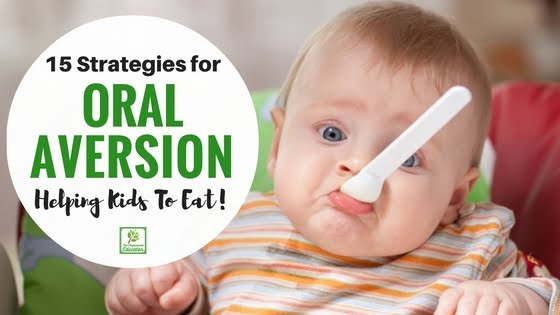

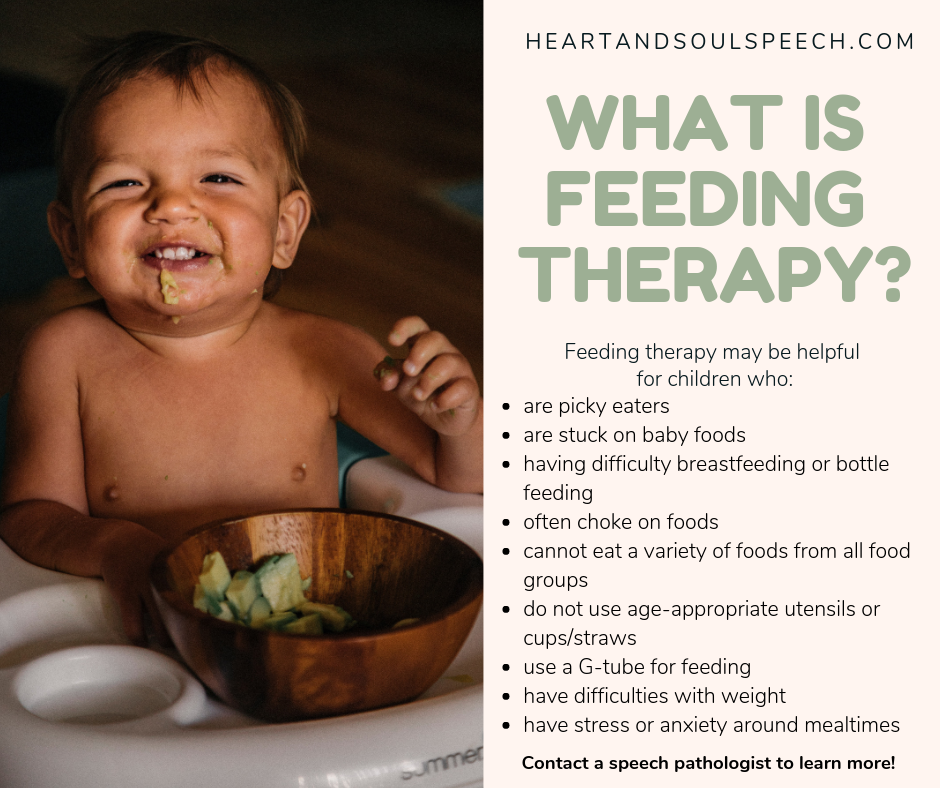

/preemie-bottle-56be3ea93df78c0b138b1152.jpg)


/GettyImages-146516367-567654275f9b586a9e58ad5f.jpg)

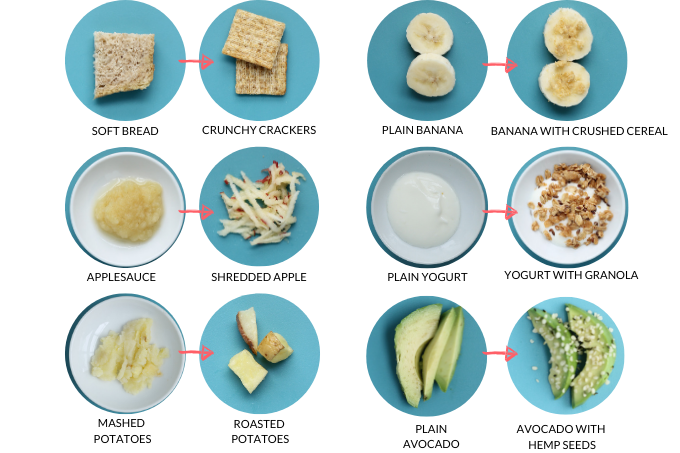
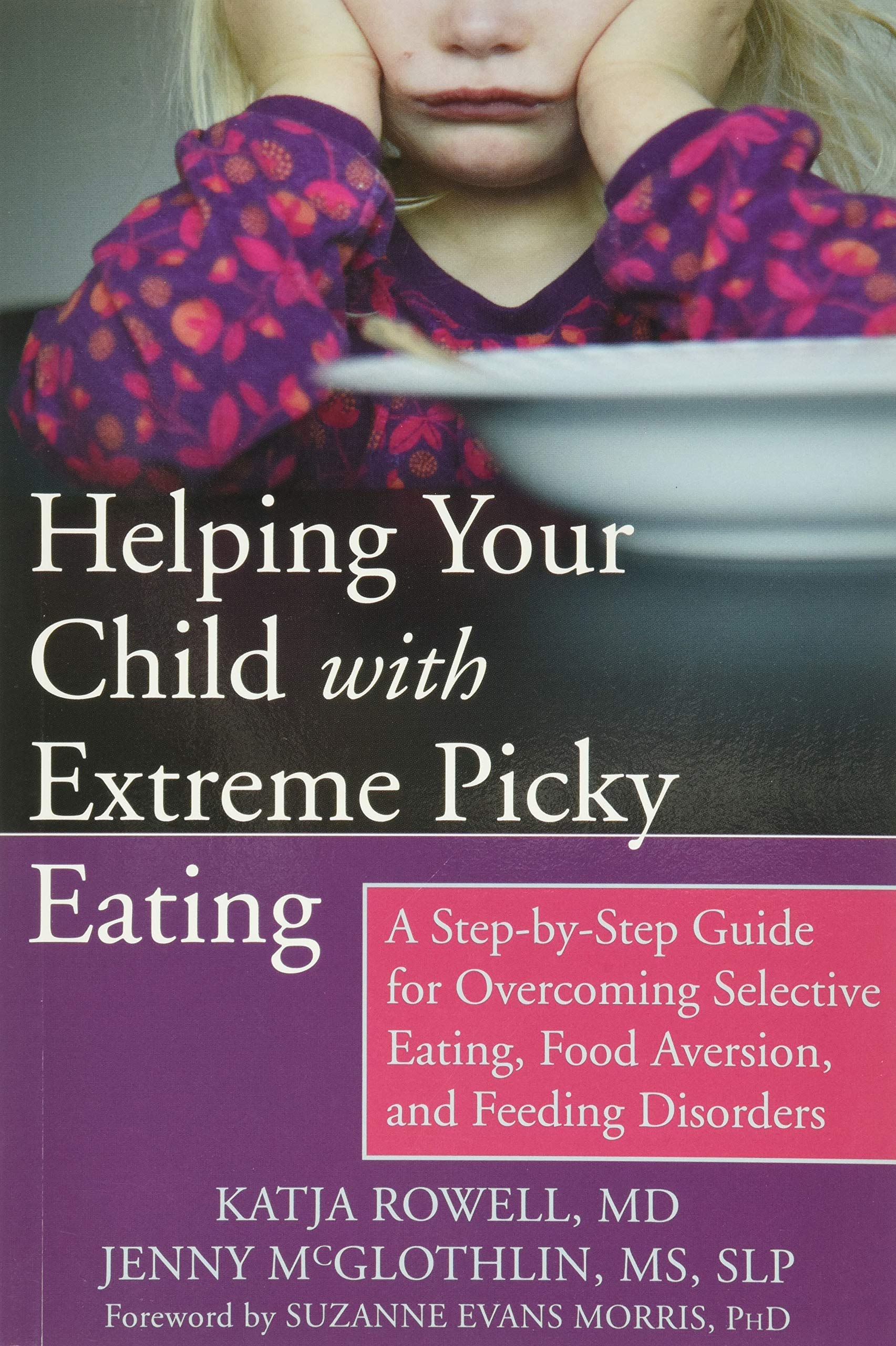






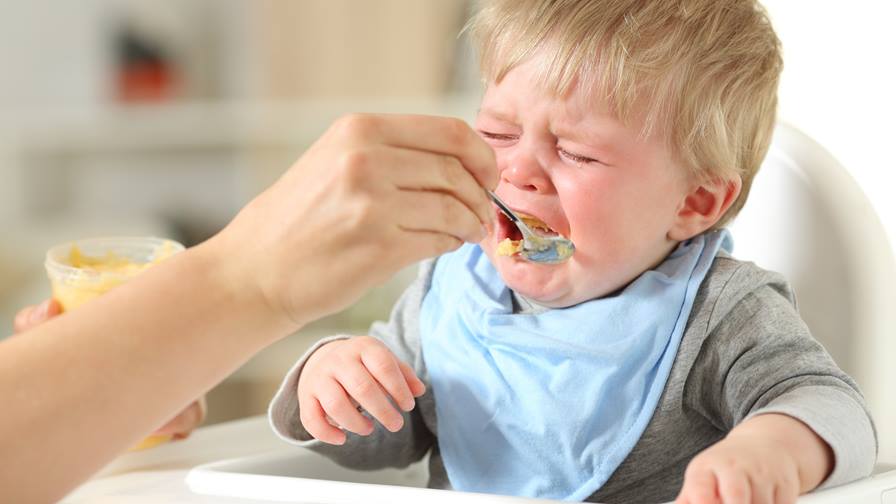
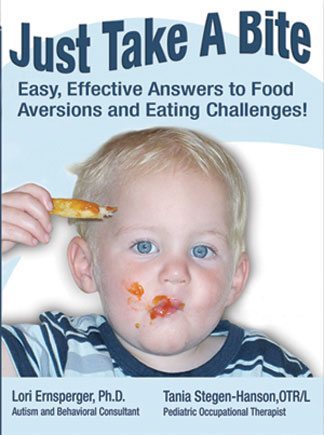







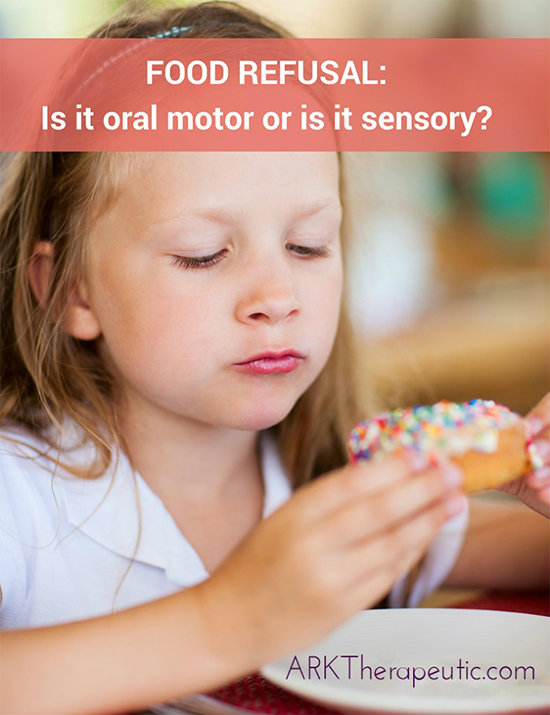
Post a Comment for "Food Aversion In Infants"